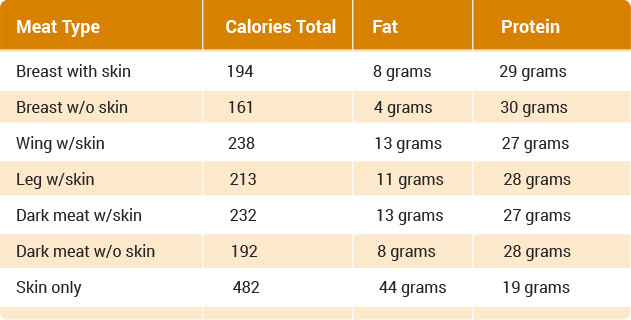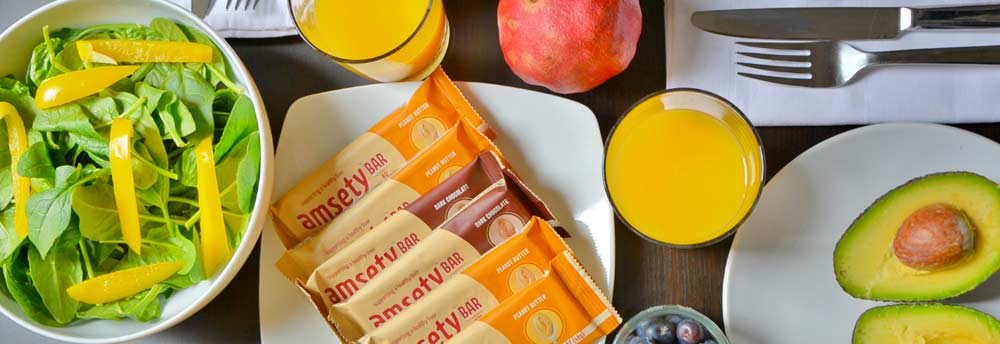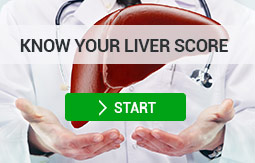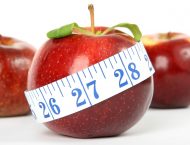According to the Calorie Control Council the average American will consume more than 4,500 calories and 229 grams of fat on Thanksgiving Day alone, making it one of the unhealthiest days of the year. Here at Amsety we have created seven tips on how to have a healthier Thanksgiving. With these in mind you should be well on your way to not overindulging during the holidays.
1. Don’t Delay Dinner
While what you eat is important for optimum liver health, when you eat also plays an important role. According to the University of Pennsylvania School of Medicine, timing meals later at night can cause weight gain and impair fat metabolism. Try not to eat late in the evening.
2. Limit Alcohol Intake
Alcoholic drinks are essentially empty calories and add nothing to your daily nutrition intake. Excessive alcohol consumption can be very harmful to your liver, leading to swelling or scarring of the liver that eventually becomes cirrhosis of the liver. U.S. government guidelines say up to one drink per day for women and up to two drinks per day for men.
3. Choose White Turkey Meat
Turkey is low in fat and high in protein. It is a good source of iron, zinc, phosphorus, potassium and B vitamins. White meat has less fat and fewer calories than dark meat and skin. A 3 1/2-ounce portion of turkey is roughly the size of a new deck of cards, one gram of fat contains 9 calories, and one gram of protein contains 4 calories.

4. Lower Your Salt Intake
Salt and sodium intake creates a strain on the liver. Packaged or processed foods are especially high in added salt such as cured meats, canned vegetables and soups, sauces and salad dressings and condiments such as ketchup. When making your Thanksgiving meal try to make these yourself so that you can control the salt content.
5. Try a Salad
Eat plenty of fresh salad with extra virgin olive oil. Salads are a great way to get in a couple of servings of vegetables and/or fruit as part of your daily intake. Salads, especially green ones with raw vegetables are full of antioxidants that protect the body from damage caused by free radicals.
6. Short Walks After Meals
Go for a short walk after your Thanksgiving meal. A study was carried out by researchers from the University of Otago in New Zealand that found that taking shorter, more regular walks immediately after meals reduced blood glucose by about 12% compared with a single 30-minute walk. The highest benefit was seen after eating the evening meal when carbohydrate consumption was high, and partakers were less active.
7. Be Portion Aware
Be aware, only make one trip to the buffet table. Look at all your options before making your final food choices; make sure all the calories you consume are worth it. Choose only the foods that you want and keep your portions reasonable.

 (442) 244-5115
(442) 244-5115















